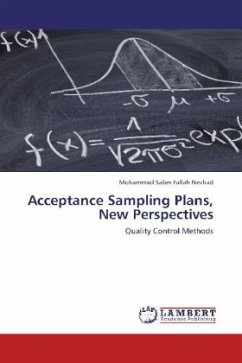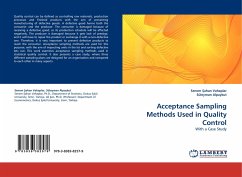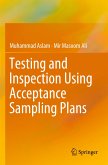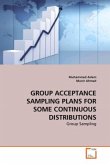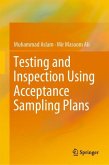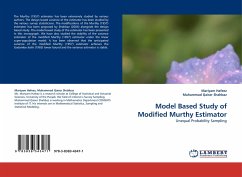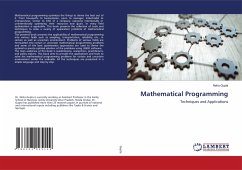This book aims to provide a concise account of the essential elements of acceptance sampling plans. It is designed to be used as a text for courses on quality control for students of industrial engineering at the advanced undergraduate, or as a reference for researchers in related fields seeking a concise treatment of the key concepts of acceptance sampling plans. It is intended to give a contemporary account of methods used to design sampling plans. The book focuses on a clear presentation of the main concepts and results different models of acceptance sampling plans, with particular emphasis on statistical models. It provides a description of basic material on these main approaches to sampling plans, as well as more advanced material on recent developments in quality models, including Bayesian inference, Markov methods and cost models. It places particular emphasis on computational models, such as applied in Markov chain and Bayesian approach. Throughout, the text concentrates on concepts and mathematical detail, and it is tried to present the key theoretical results in as precise and rigorous a manner as possible, consistent with the overall level of the book.
Bitte wählen Sie Ihr Anliegen aus.
Rechnungen
Retourenschein anfordern
Bestellstatus
Storno

